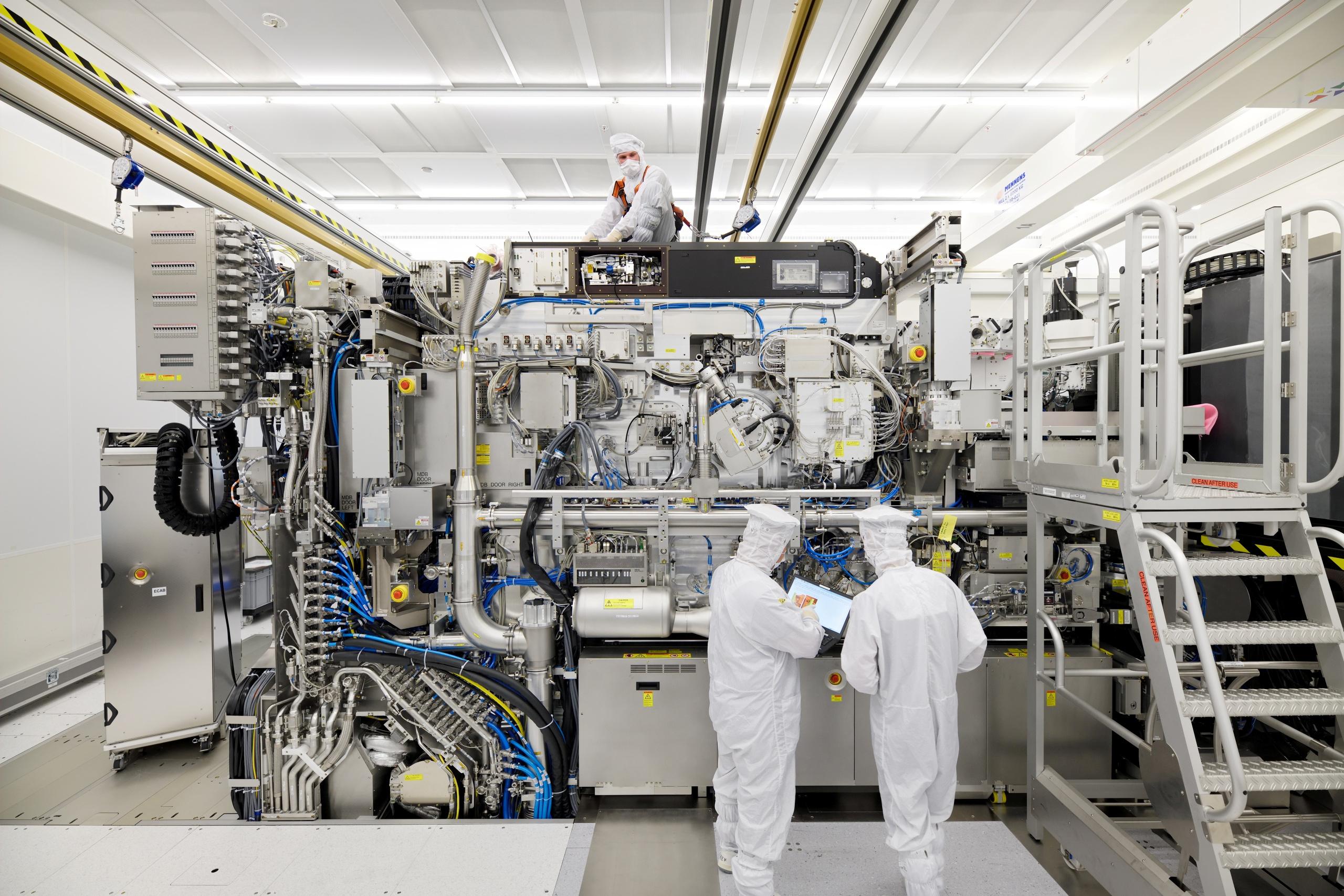US Senators Ramp Up Pressure On Apple Over China Deal

US senators call for intelligence evaluation of potential Apple deal to use memory chips from China’s YMTC in latest iPhone 14
US lawmakers have called for an intelligence evaluation of a potential deal for Apple to use memory chips from China’s Yangtze Memory Technologies Co in its iPhone 14, stepping up the political pressure on Apple over the issue.
Mark Warner, the Democratic chair of the Senate intelligence committee, and vice-chair Marco Rubio, a Republican, wrote to US director of national intelligence Avril Haines expressing “extreme concern” about the potential deal.
“We write to convey our extreme concern about the possibility that Apple Inc will soon procure 3D NAND memory chips from Yangtze Memory Technologies Co,” they wrote.

‘Vulnerabilities’
“Such a decision would introduce significant privacy and security vulnerabilities to the global digital supply chain that Apple helps shape given YMTC’s extensive, but often opaque, ties to the Chinese Communist party.”
Apple declined to comment on the letter, which was also signed by Senate Majority Leader Charles Schumer, a Democrat, Senate Intelligence Committee Chairman Mark Warner, also a Democrat, and Republican committee member Senator John Cornyn.
The senators also asked Haines to look into what they said was YMTC’s role in aiding other Chinese firms, including telecoms equipment maker Huawei, that are under US export controls, and to examine YMTC’s alleged links to the Chinese military.
They asked Haines to reply by 1 October.
Memory source
Earlier this month South Korean press reports said Apple planned to begin using NAND chips from YMTC its latest generation of iPhones.
Apple told the Financial Times it does not use YMTC chips in any products but was “evaluating sourcing from YMTC for NAND chips to be used in some iPhones sold in China”.
The company said it was not considering using YMTC chips in phones for sale outside China and added user data stored on NAND chips was “fully encrypted”.